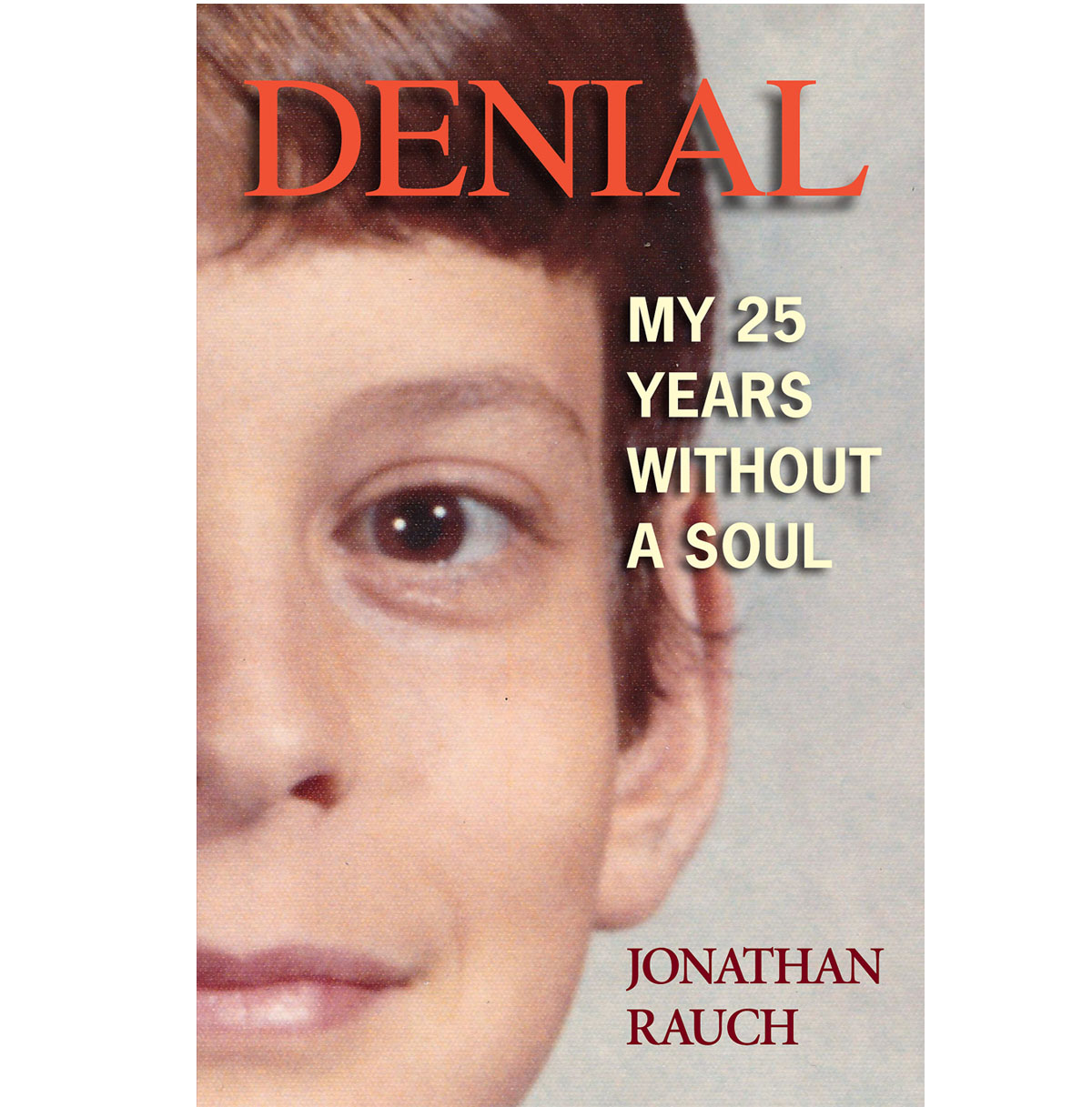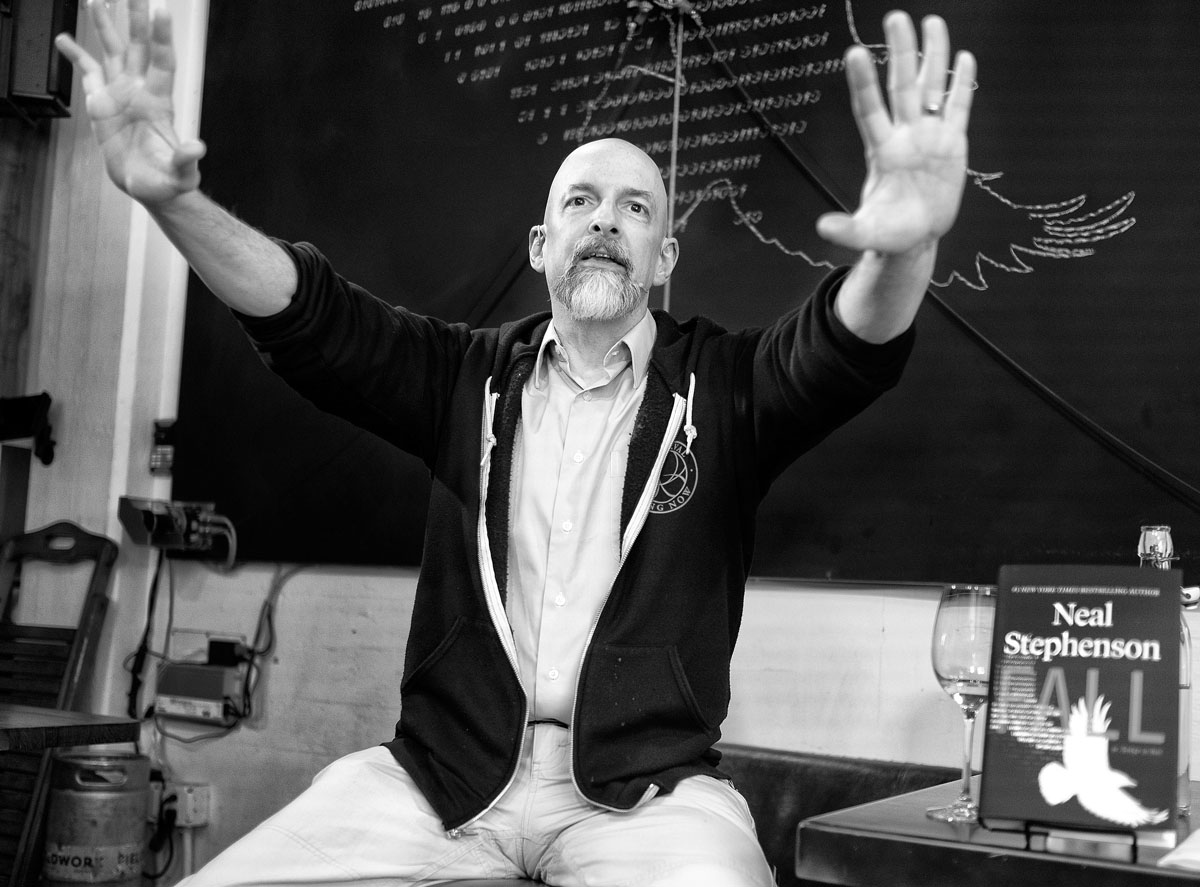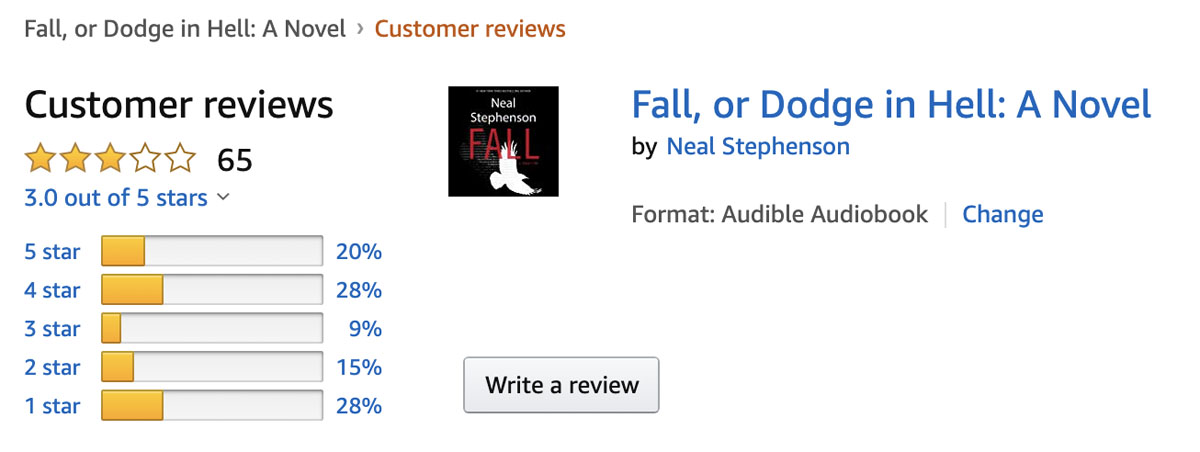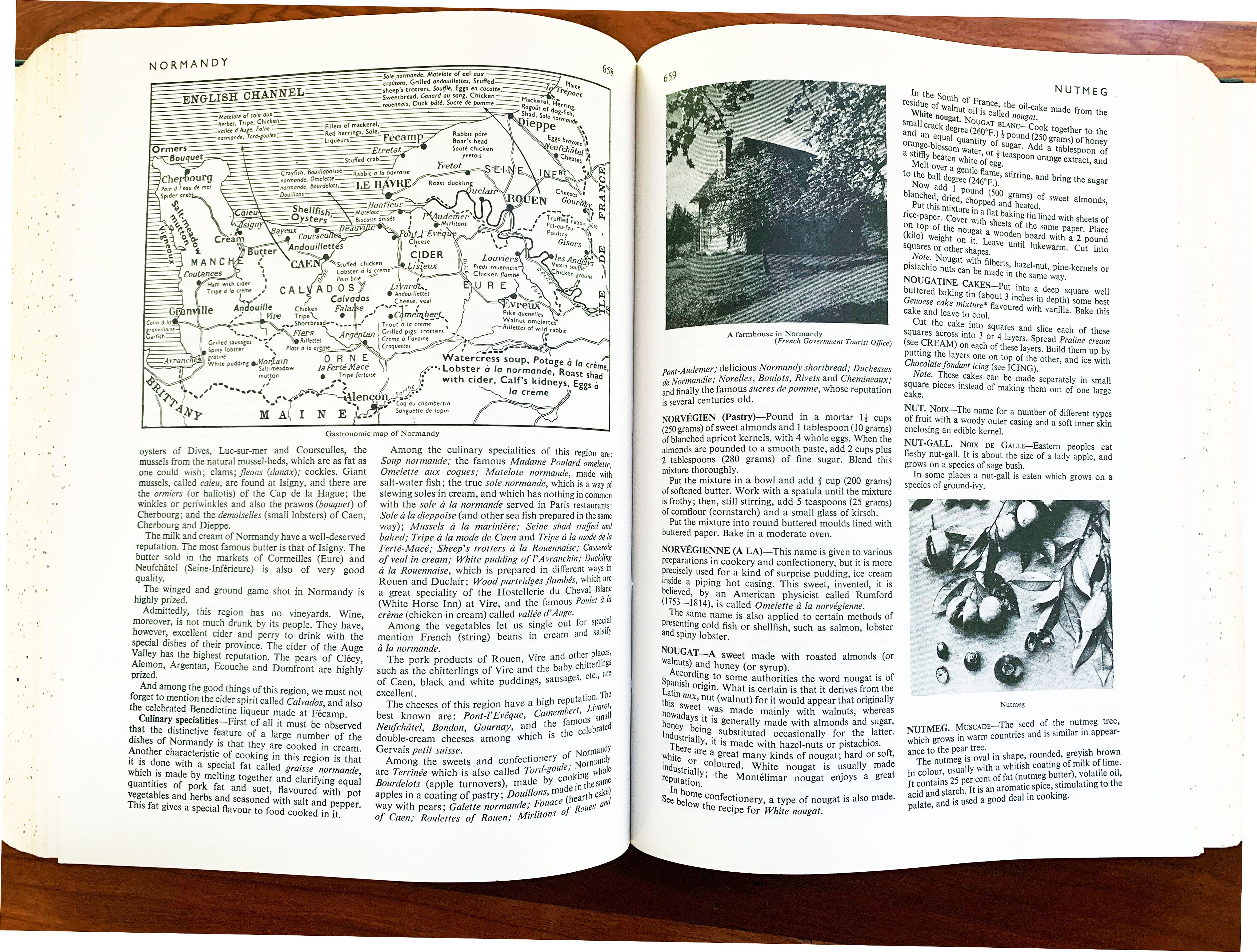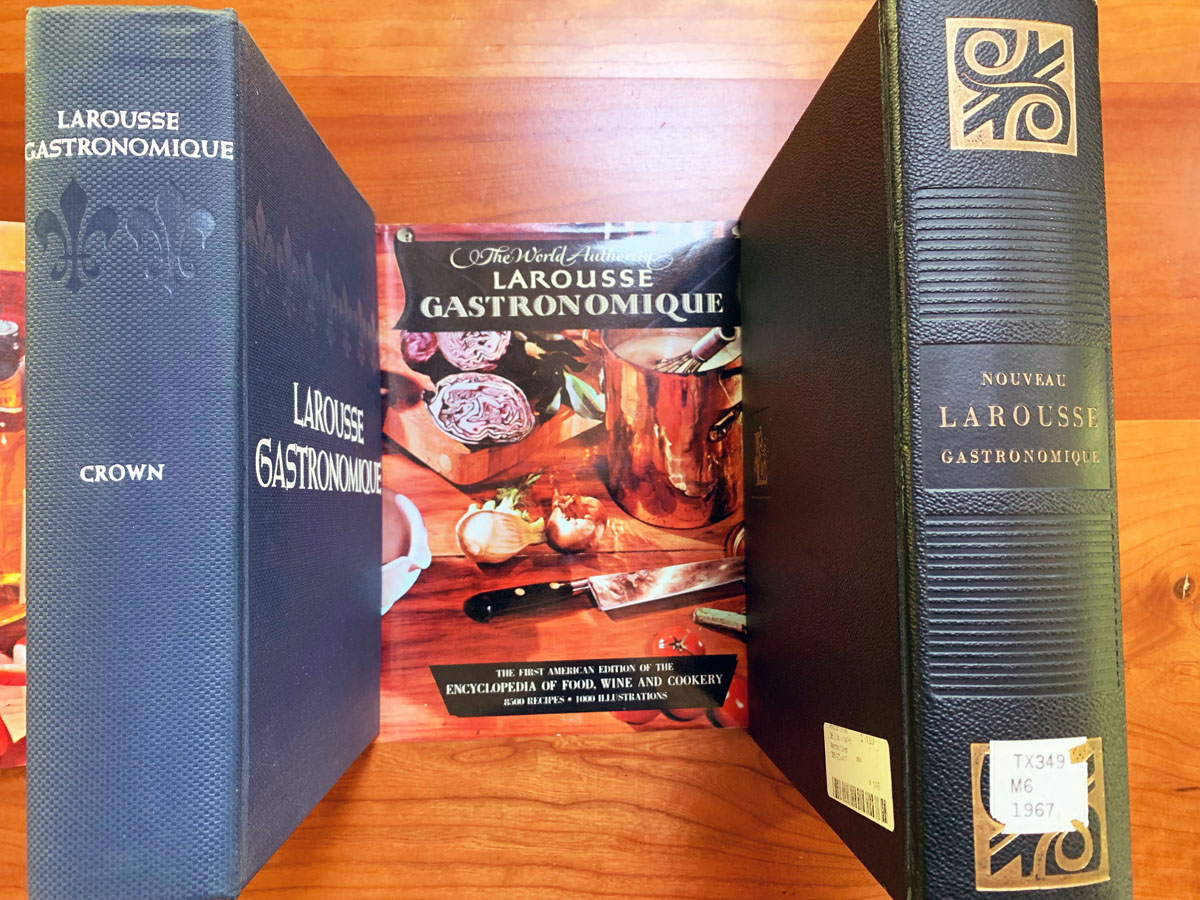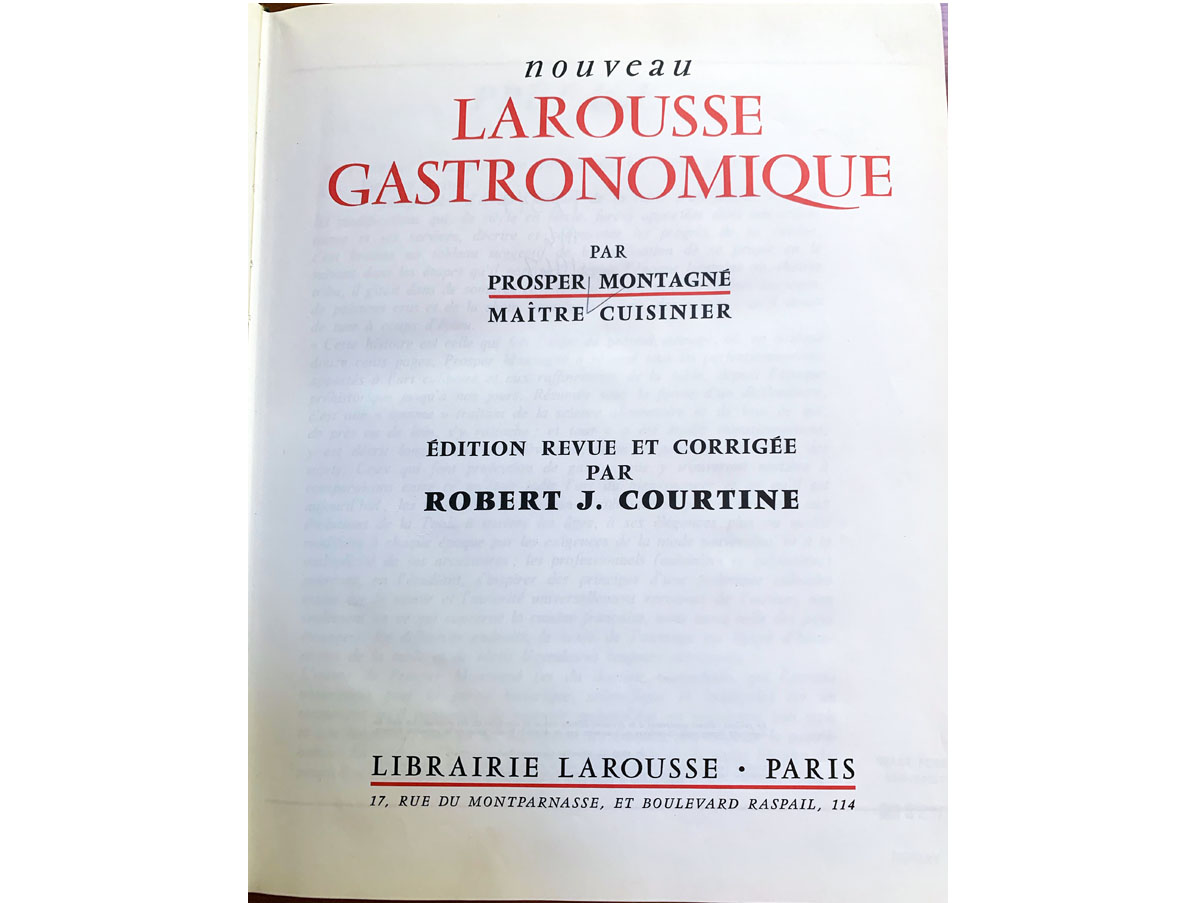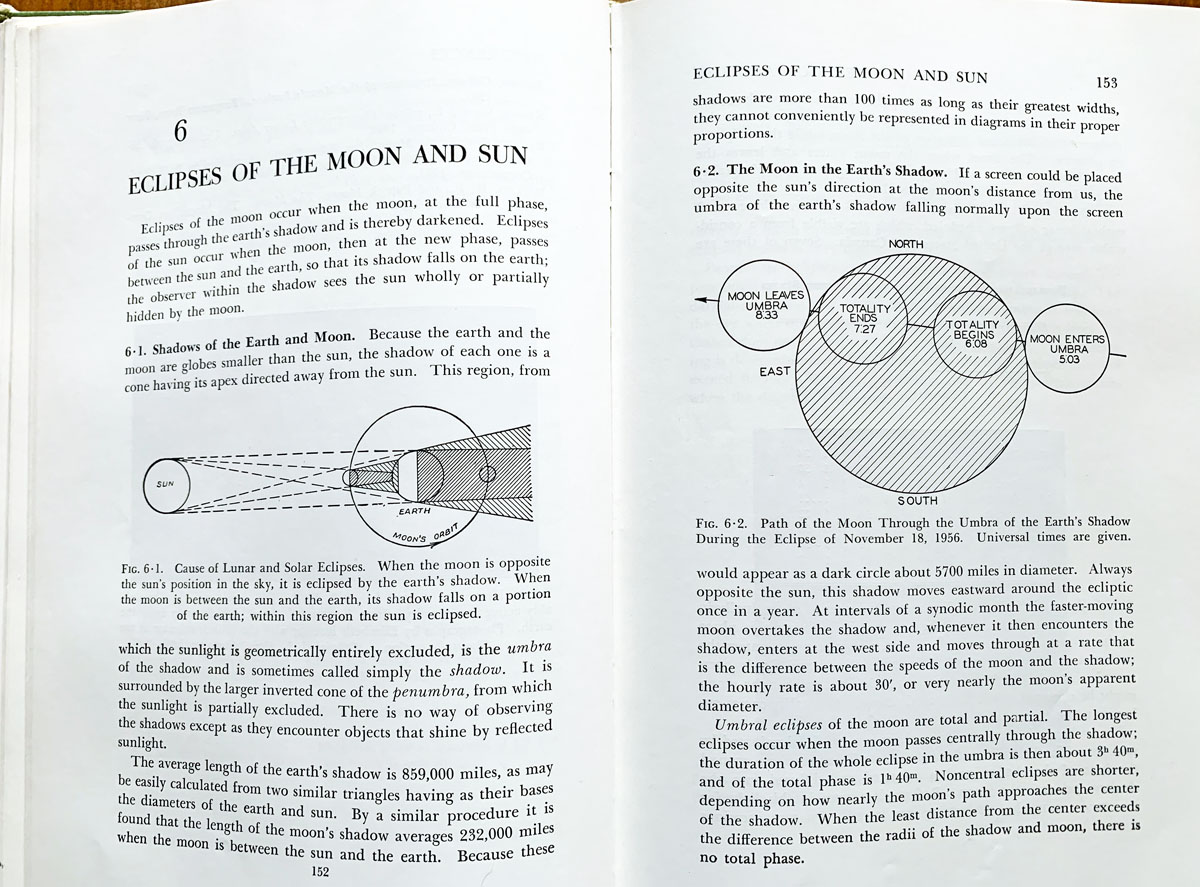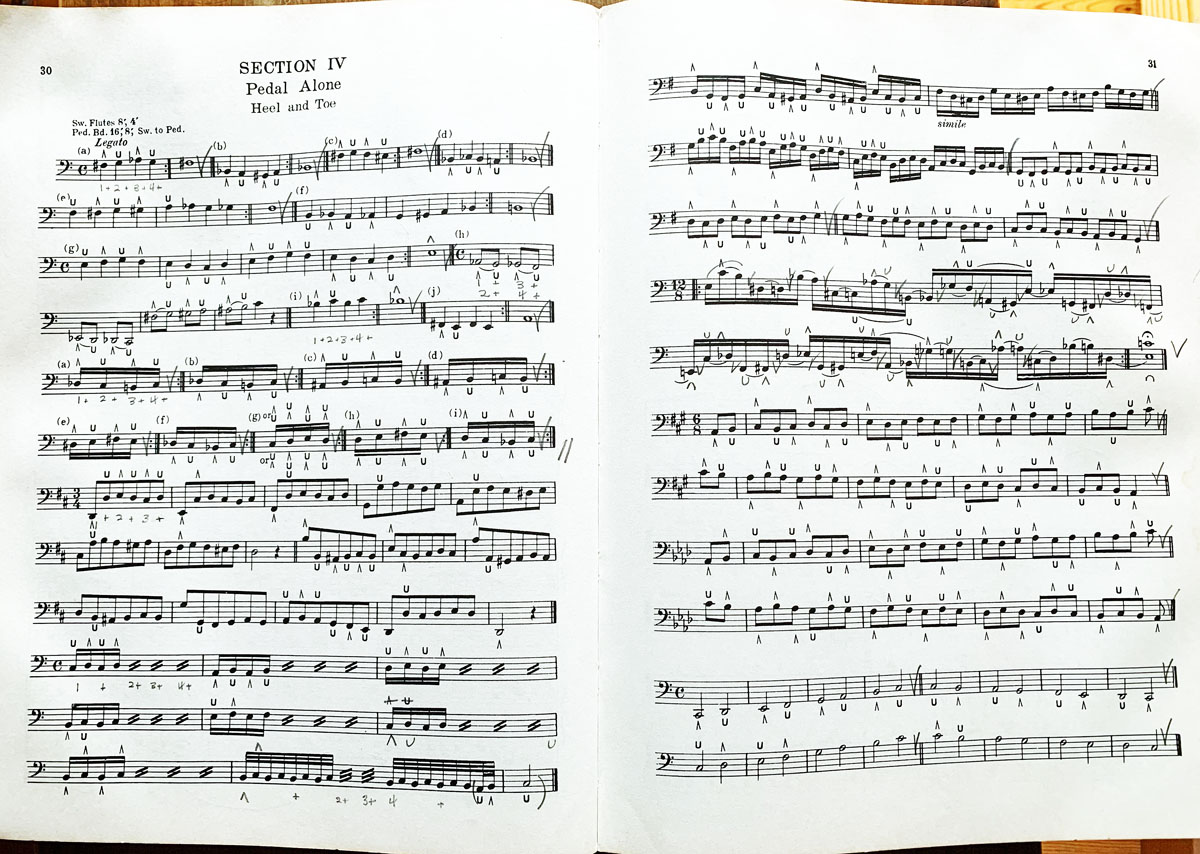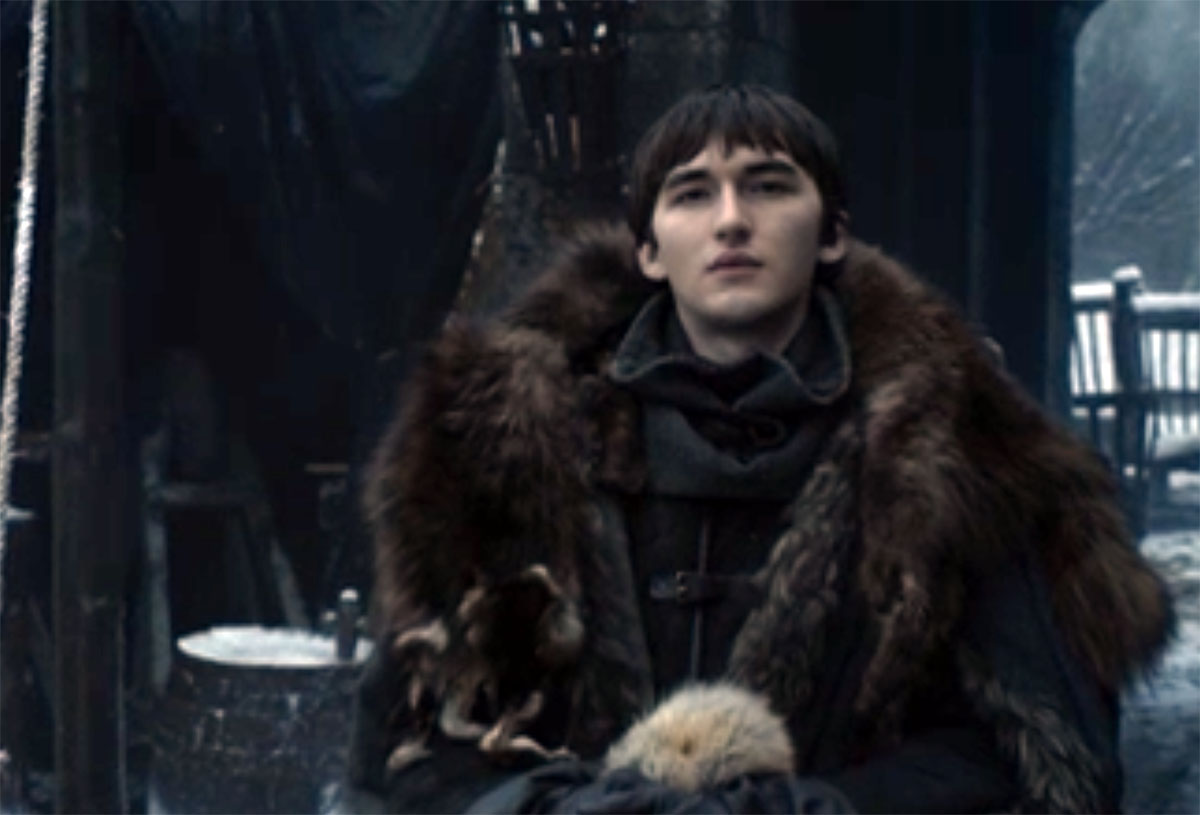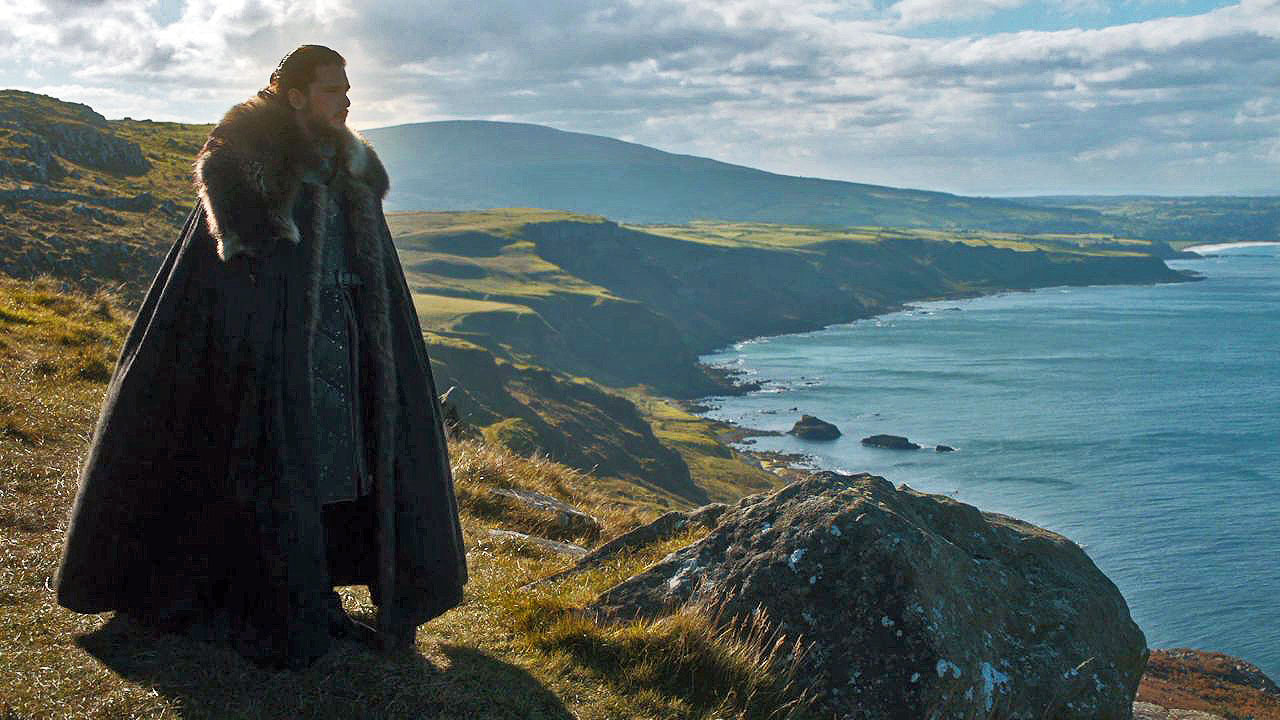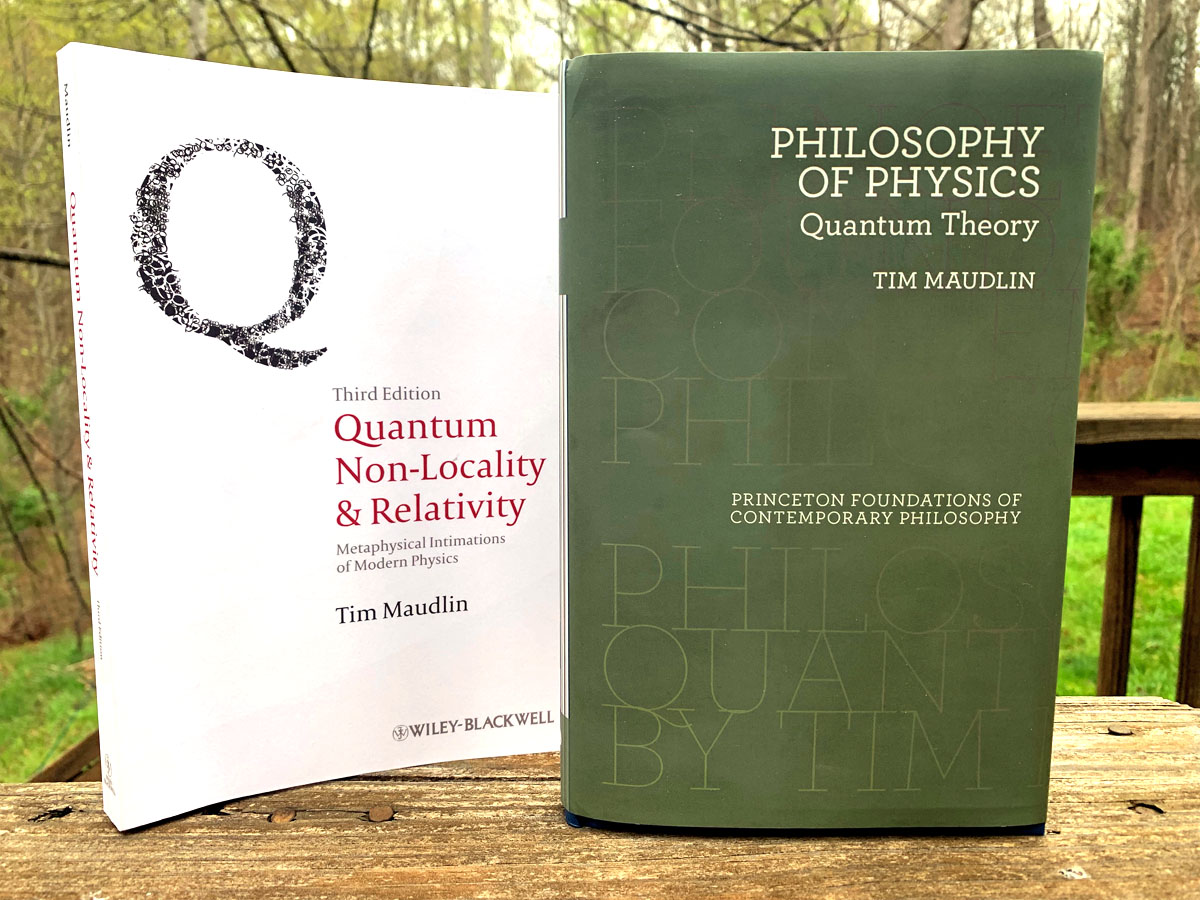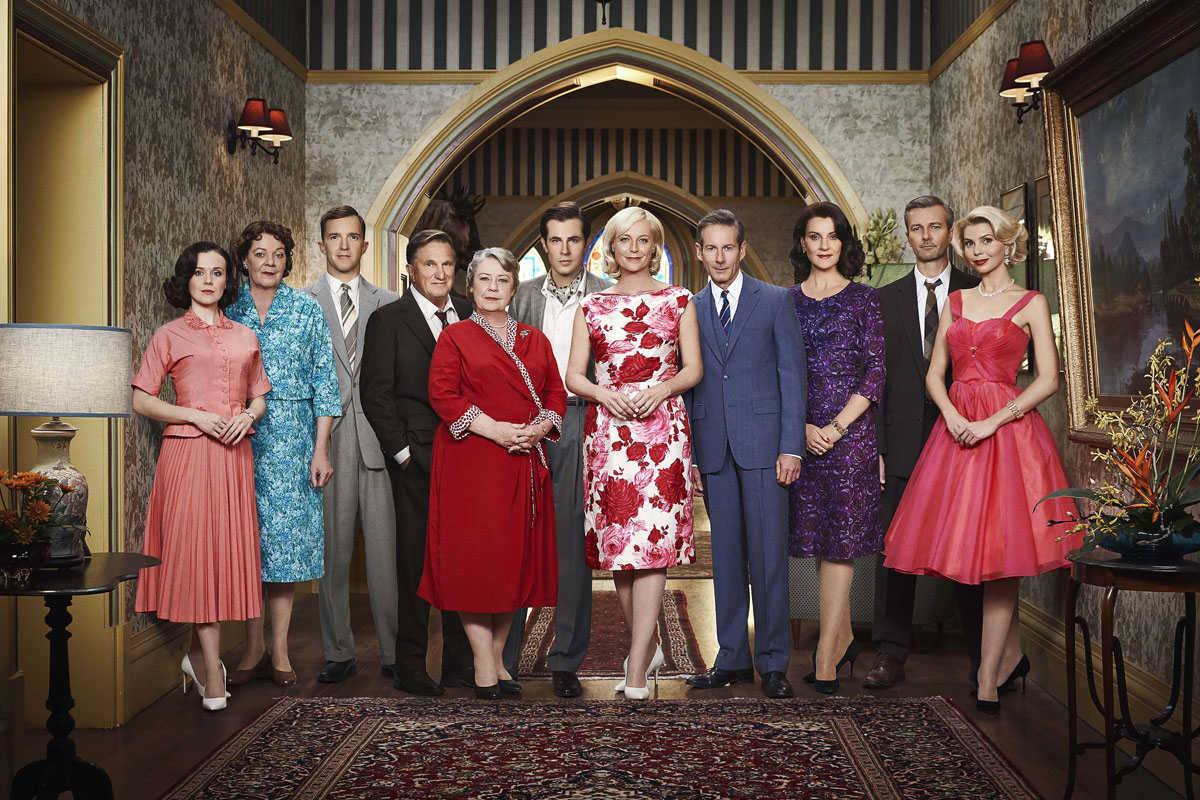The New Republic’s excellent obituary for Gene Wolfe points out that, as Notre Dame cathedral was burning back in April, word was flying around the Internet that Gene Wolfe had died. Lots of readers saw the strangeness of the coincidence, because, near the end of The Shadow of the Torturer, the narrator Severian sees what appears to be a vision:
“Hanging over the city like a flying mountain in a dream was an enormous building — a building with towers and buttresses and an arched roof. I tried to speak, to deny the miracle even as I saw it; but before I could frame a syllable, the building had vanished like a bubble in a fountain, leaving only a cascade of sparks.”
The book ends before the reader is told what Severian actually saw (it was not a vision, you’ll learn later in the series). Though Wolfe did not proselytize, he was a devout Catholic. “I do not write Catholic books intentionally,” Wolfe had once said. The New Republic’s obituary called Wolfe the Proust of science fiction. That gets it about right, I think.
I had not read Wolfe for many years, but a few days ago I shelled out $11.99 for a Kindle edition of The Shadow of the Torturer. That’s a lot of money for a Kindle book. For some reason, it’s almost impossible to find new science fiction that I find worth reading. So I thought why not catch up on some 1980s classics that I hadn’t read.
In the world of science fiction and fantasy, a holy war has gone on for decades about whether Wolfe was, or was not, a good writer. One Goodreads reviewer wrote, “I tried. Fuck it.” But Ursula K. Le Guin saw Wolfe’s novels as masterpieces.
I’m late to the Gene Wolfe holy war, but since the war has flared up again now that Wolfe has died, hand me my gun.
I probably was born wearing an editor’s visor with a book in my hand. I have rather strong opinions about whether writing is good or not. But of course, tastes differ. And there are many kinds of writing. No one can declare what good writing is; we can only read and argue.
The mind of a good editor, like the mind of a good writer and the mind of a good reader, is complex. But I would say that there are certain minimum standards that a piece of writing must meet before we can even ask the question whether it is good or not. I have two modes of editing. The first mode I call “bit level mode.” The second level I call “high altitude mode.”
Imagine that an editor is sitting in front of a computer with a piece of writing on the screen. The writer who wrote the piece of writing is sitting behind the editor. Often editors must edit without the writer present, but the collaborative mode of editing, with writer and editor side by side, works best. The writer sees what the editor is doing, and, if the editor is a good one, the writer sees why.
It’s in bit level mode that basic matters of grammar, syntax, and usage get worked out. I’ve often said that writers and editors must work very hard so that readers don’t have to. A piece of writing should be as friction free and transparent as possible, so that the reader can glide through it without ever having to stop and work out an ambiguity or a vagueness. For example, the word “live” can be a verb, or it can be an adjective. Upon hitting the word “live,” it must be clear to the reader from what preceded the word “live” whether it’s a verb (“to live well”) or an adjective (“live clams”). If that’s not clear, then the reader is obliged to read on to be able to determine how the word “live” was intended. In effect, the sentence must be read twice to be parsed correctly by the reader. That’s friction. A million little things like this get fixed during bit level editing.
High altitude editing is far more interesting. For this the writer and editor don’t sit at the computer. They go to lunch and drink.
If the piece of writing in question is a newspaper article about a county commissioners’ meeting (or even an important email or letter) then no high altitude lunch is needed at all. But if the piece of writing in question is a novel, or a memoir, then the high altitude elements are what matter most. (For an example of a beautifully written memoir from my own Acorn Abbey Books, see Denial.)
In my experience as a reader and editor, some people can write, and some people cannot. Plenty of people write who cannot write. I fling their books all the time after ten or twenty pages.
But how does one decide whether a writer can write or not? Again, there is no single standard. We can only argue. But if you asked me how I determine whether someone can write or not, it would be this: Writers either have, or do not have, an ear for their mother tongue. Editors often say that a certain writer has a “tin ear.” An ear for language is developed not only by reading, but also by listening — and by listening not only to language, but also to music (and poetry). I can speak here only for my own mother tongue, English. English has its own natural rhythms and musicality. Writing is like composing.
I’m going to come around to Gene Wolfe soon, I promise.
Anyway, if it’s philosophy we’re reading, we expect it to be dense and complex and wordy, because it has to be. But if a piece of fiction is dense and complex and wordy, then writers had better know what they’re doing.
As a prime example of a tin-eared writer of dense fiction, I’d suggest Hilary Mantel, whose writing in her novel about Thomas Cromwell I found not just bad but offensively, insultingly bad. This tends to happen when a writer is trying to cultivate a reputation for “style.” To me, a “style” just means quirky and irritating. It’s the sort of thing that creative writing teachers often encourage, and it produces the kind of dreadful novels that the New Yorker likes to review. I’ve also written here, some years ago, about the fascist, machine-gun rhythms of Ayn Rand’s prose.
Gene Wolfe’s writing is certainly complex. The reader does have to work at it a bit, though the prose easily passes all the tests that prose must pass during bit level editing. But what makes Wolfe’s writing work is that Wolfe has an ear for English. That’s what makes all the difference. He’s a composer. He’s also a philosopher.
And with that I’ll leave you with a sample, so that you can decide for yourself:
It was on that walk through the streets of still slumbering Nessus that my grief, which was to obsess me so often, first gripped me with all its force. When I had been imprisoned in our oubliette, the enormity of what I had done, and the enormity of the redress I felt sure I would make soon under Master Gurloes’s hands, had dulled it. The day before, when I had swung down the Water Way, the joy of freedom and the poignancy of exile had driven it away. Now it seemed to me that there was no fact in all the world beyond the fact of Thecla’s death. Each patch of darkness among the shadows reminded me of her hair; every glint of white recalled her skin. I could hardly restrain myself from rushing back to the Citadel to see if she might not still be sitting in her cell, reading by the light of the silver lamp.
We found a cafe whose tables were set along the margin of the street. It was still sufficiently early that there was very little traffic. A dead man (he had, I think, been suffocated with a lambrequin, there being those who practice that art) lay at the corner. Dr. Talos went through his pockets, but came back with empty hands.
“Now then,” he said. “We must think. We must contrive a plan.”



